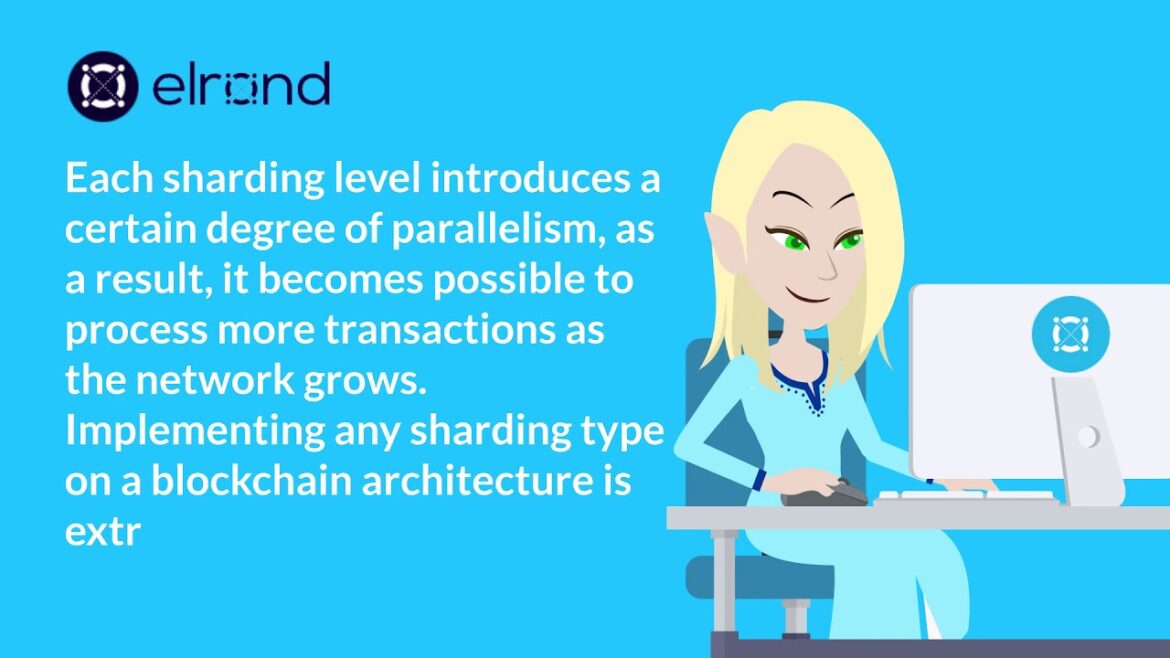Adaptive State Sharding is a type of sharding technology designed to improve the scalability and performance of blockchains. It utilizes a combination of state, block, and transaction-level sharding solutions in order to break down large data sets into smaller ones for faster processing. By utilizing adaptive state sharding, blockchains can scale up their capacity without sacrificing security or decentralization.
In order to understand how Adaptive State Sharding works, it’s important to first understand what “sharding” means in the context of blockchain technology. In general, sharding is a process by which transactions are broken down into smaller pieces (or shards) so that they can be processed more quickly and efficiently. For example, if there were 100 transactions waiting on the network at any given time, these could all be split up into 10 shards with each containing 10 transactions – thus allowing them all to be validated simultaneously rather than one after another. This makes the entire chain much more efficient as it eliminates lengthy queue times for validations and enables quicker overall throughput rates.
The main benefit of using Adaptive State Sharding lies in its ability to dynamically adjust based on current network conditions while still maintaining strong security protocols throughout operations. It allows blockchains to scale according to demand while also ensuring that secure consensus remains intact across all nodes participating in the network – an essential element for decentralization purposes as well as ensuring finality within blocks being added onto the chain. To achieve this level of dynamic scaling capabilities many different types of shardings must be leveraged including both horizontal/vertical splitting along with random assignment techniques such as uniform sampling or random walks through chainspace graphs used when selecting validator nodes responsible for verifying each transaction set waiting on the chain before it is committed by miners/stakers who create new blocks from those sets..
In addition to providing enhanced scalability benefits over traditional blockchain architectures due its dynamic nature; adaptive state sharding also offers higher levels privacy protection due its ability layer encryption technologies such Zero Knowledge Proofs (ZKPs). ZKPs allow users involved in any particular transaction set sent through an adaptive state sharded system remain anonymous as only select members within a certain group assigned access keys will able decipher information contained therein without anyone else knowing about it outside that specific circle – making sure user data stays protected even during times heavy traffic periods where many other parties may have visibility into what happening elsewhere within system itself..
Overall adaptive state shardings provides great potential when utilized correctly thanks its superior scalability combined high levels security & privacy; however developers should always keep eye out latest advancements field make sure their implementations stay ahead curve protect against possible exploits might arise future iterations tech stack itself


